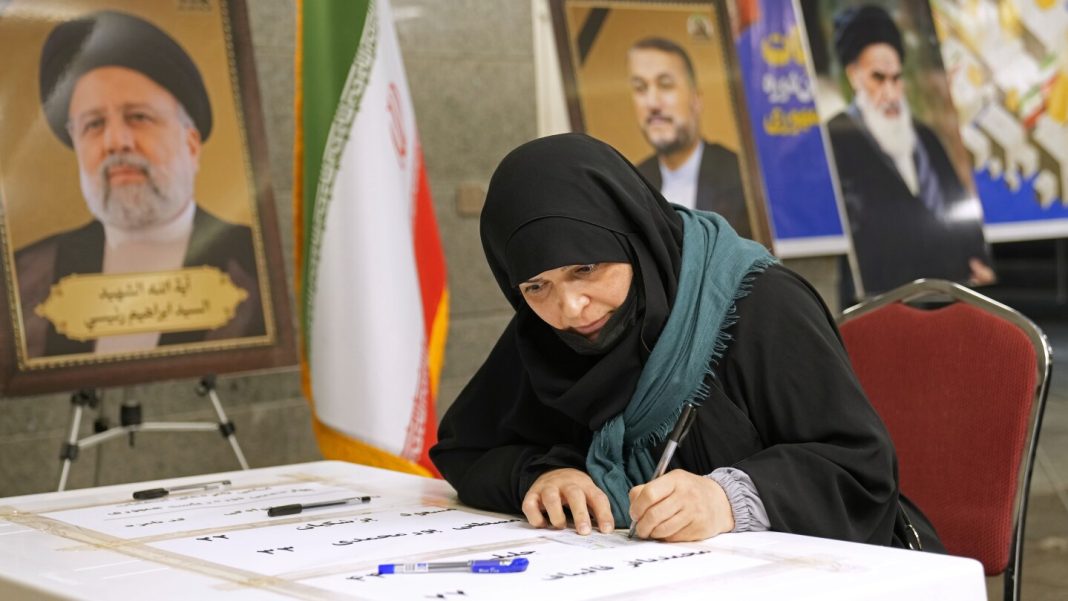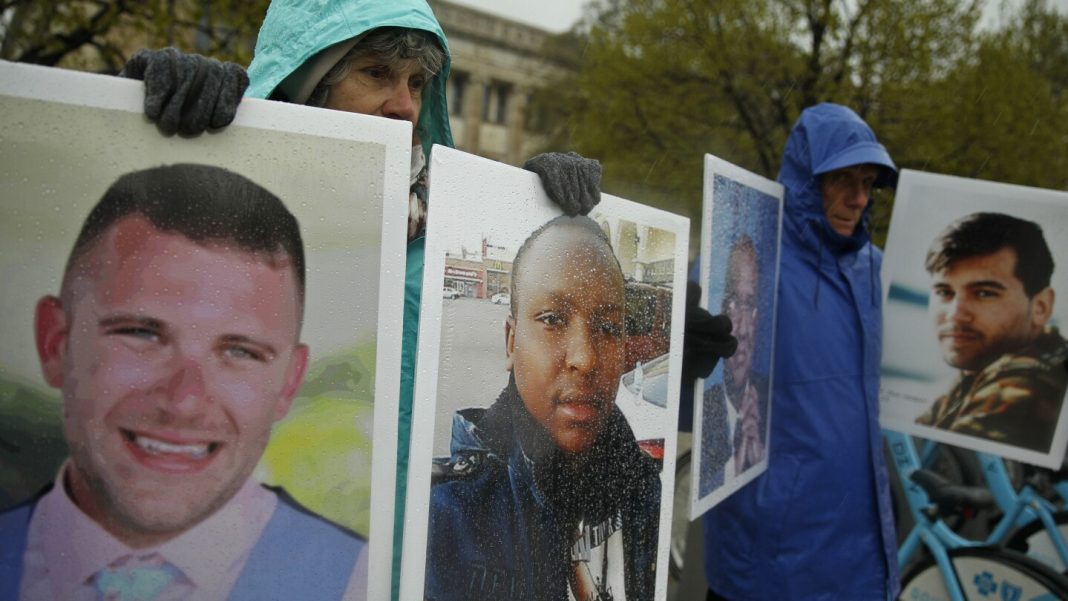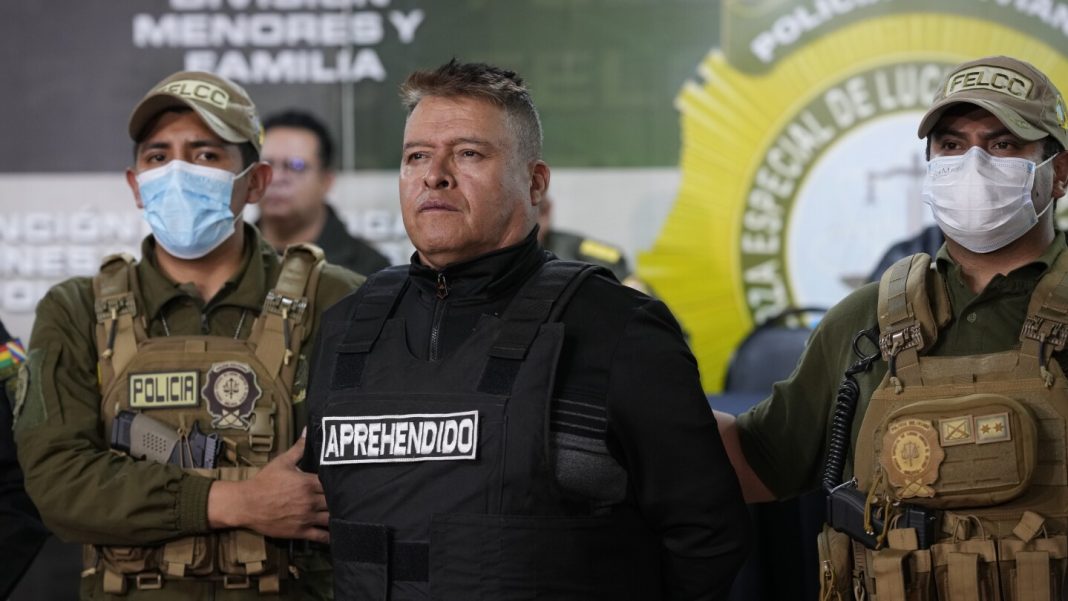Iranians are voting on Friday to replace the late President Ebrahim Raisi, who was killed in a May helicopter crash in the country’s northwest along with the foreign minister and several other officials.
Analysts broadly describe the race as a three-way contest. There are two hard-liners, former nuclear negotiator Saeed Jalili and the parliament speaker, Mohammad Bagher Qalibaf. Then there’s the reformist candidate Masoud Pezeshkian, who has aligned himself with those seeking a return to the 2015 nuclear deal with world powers.
After record-low turnout in recent elections, it remains unclear how many Iranians will take part in Friday’s poll.
While 85-year-old Supreme Leader Ayatollah Ali Khamenei has final say on all matters of state, presidents can bend Iran toward confrontation or negotiations with the West.
Currently:
— As Iran’s presidential vote looms, tensions boil over regarding a renewed headscarf crackdown.
— An analysis explores how no matter who wins Iran’s election, much may hinge for Tehran on the ‘Great Satan,’ the United States.
— A “Hamster” cryptocurrency craze gripping Iran highlights its economic malaise.
— A timeline explores the longtime tensions over Iran’s nuclear program.
— Iran’s imprisoned Nobel Peace Prize laureate Narges Mohammadi, who already called for a boycott of the vote, is been sentenced to another year in prison.
— Follow news agencies’s coverage of the Iranian presidential election at https://apnews.com/hub/iran.
Here is the latest:
Dozens of supporters have gathered around hard-line candidate Saeed Jalili as he cast his vote at a ballot station in south of Tehran, chanting “we are proud of Jalili.”
The 58-year-old Jaili, a hard-line politician and former senior nuclear negotiator, smiled as supporters surrounded him and tried to shake his hand. He did not make any speech after voting. Mohammad Bagher Qalibaf, the Speaker of Parliament and the highest-ranking official within the theocracy to be seeking the presidency, also cast his vote in the south of Tehran. He then visited the grave of the country’s late foreign minister, Hossein Amirabdollahian, who died in a helicopter crash that killed President Ebrahim Raisi in May.
DAMASCUS, Syria — In the Syrian capital of Damascus, voters trickled into the Iranian embassy Thursday morning. Iranian Ambassador Hossein Akbari said seven polling stations have been set up in Damascus and others throughout the country, where an estimated 12,000 Iranian citizens live.
“Iranians have been living in Syria for a long time, possibly up to four generations ago,” Akbari said. “Many of them do not even master the Farsi language, but they participate significantly in these elections.”




